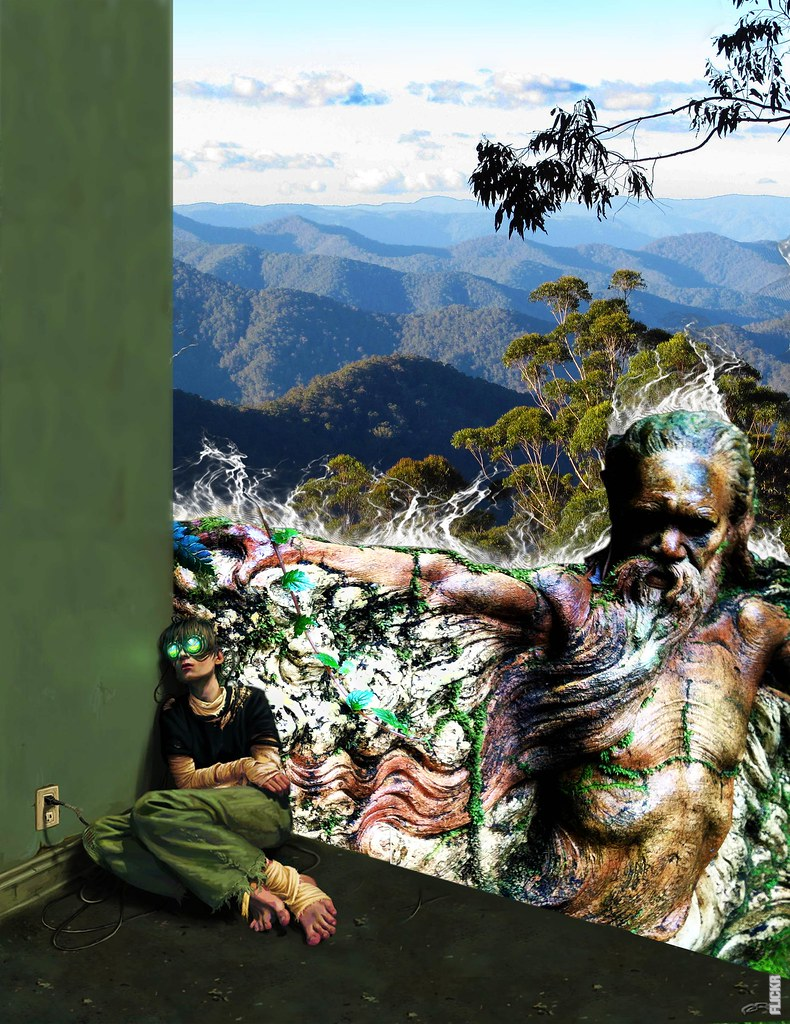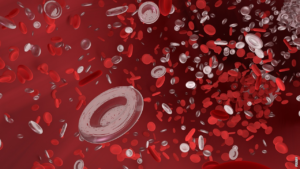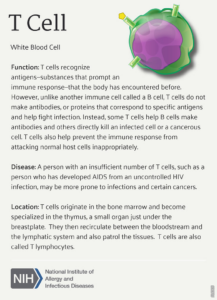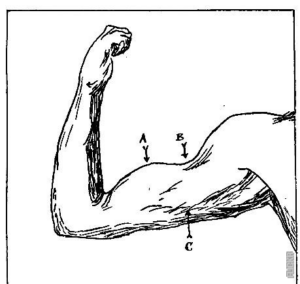The Mystery of Blood Types
Blood is a vital fluid that flows through our bodies, carrying oxygen, nutrients, and immune cells to various organs. One of the most intriguing aspects of blood is its classification into different types. But have you ever wondered why we have blood types? Let’s dive into the fascinating world of blood classification and explore the evolutionary reasons behind this phenomenon.
The Origins of Blood Types
Blood types, commonly known as A, B, AB, and O, are determined by the presence or absence of specific antigens on the surface of red blood cells. This classification system was discovered by Karl Landsteiner in the early 20th century, revolutionizing our understanding of blood transfusions.
The Role of Natural Selection
Blood types are not unique to humans; they exist in many other animal species as well. This observation suggests that blood types have evolutionary significance. One theory proposes that blood types are a result of natural selection acting upon our immune systems.
Protection Against Pathogens
Different blood types may confer varying levels of resistance or susceptibility to certain diseases. For example, individuals with type O blood are less likely to be infected by severe malaria compared to individuals with other blood types. This protective effect could be due to the presence of specific antibodies or other immune system factors associated with certain blood types.
Advantageous Traits
Another theory suggests that the distribution of blood types across different populations is linked to advantageous traits. It is thought that certain blood types may provide increased resistance to certain pathogens prevalent in specific geographic regions. Over time, these advantageous traits become more prevalent in populations as natural selection favors individuals with those blood types.
Post
Post
Human Migration and Blood Types
The distribution of blood types varies across different populations worldwide, reflecting the complex history of human migration. For instance, the high prevalence of type B blood in Asian populations and type A blood in European populations could be attributed to the genetic impact of past migration events. However, more research is needed to fully understand the relationship between blood types and human migration.
Blood Types and Reproduction
Blood types can also play a role in reproduction. In some cases, a pregnant woman’s immune system may produce antibodies against certain blood types, potentially harming the fetus. This condition, known as hemolytic disease of the newborn, highlights the intricate relationship between blood types and reproductive biology.
Beyond Blood Transfusions
While blood types are commonly associated with transfusions, their influence extends beyond medical procedures. Recent studies suggest that certain blood types may be linked to an increased risk of developing certain diseases, such as cardiovascular disorders and certain types of cancer. Understanding these associations could pave the way for personalized medicine and preventive interventions.
Unraveling the Blood Type Enigma
The mystery of blood types continues to captivate scientists and researchers worldwide. While we have made significant progress in understanding the genetic and immunological basis of blood types, many questions remain unanswered. Exploring the intricacies of blood classification may provide valuable insights into our evolutionary history and the complex interactions between our genes and the environment.
In conclusion, blood types are not just arbitrary classifications; they hold deep evolutionary significance. From protecting against pathogens to shaping human migration patterns, blood types have left an indelible mark on the story of our species. As we unravel the enigma of blood types, we gain a deeper appreciation for the wonders of human biology and the intricate processes that have shaped us over millions of years.



